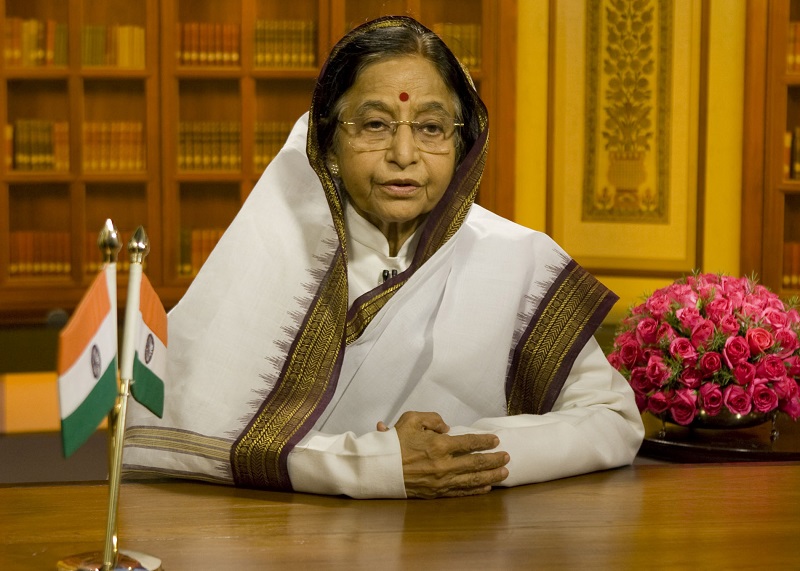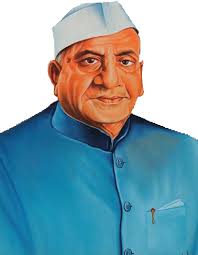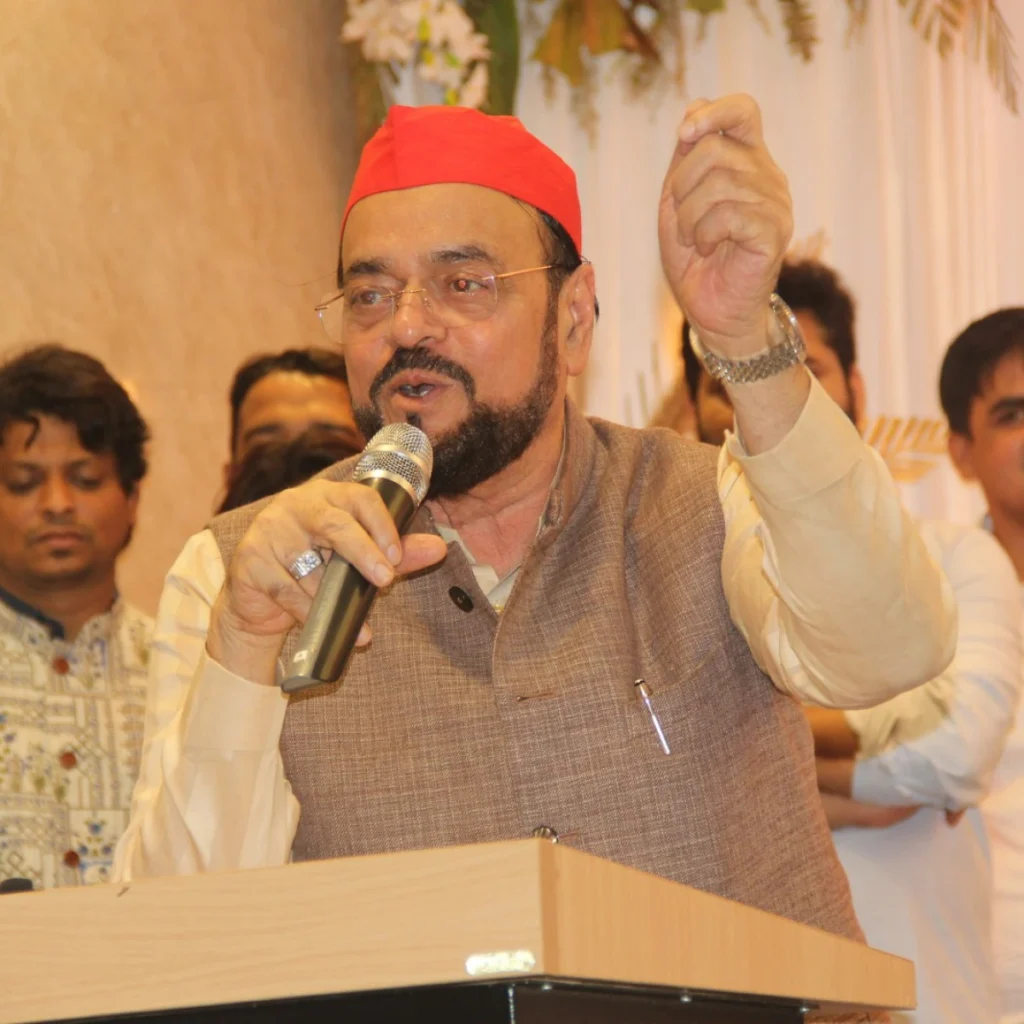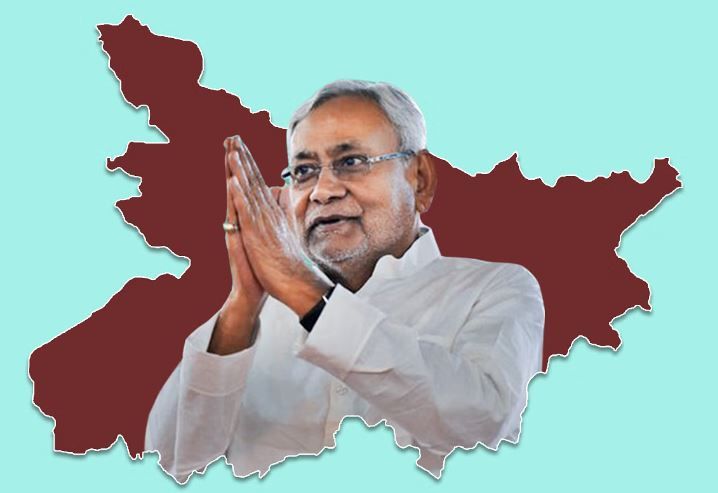Pratibha Patil, a prominent figure in Indian politics, has left an indelible mark on the nation’s political landscape. Born on December 19, 1934, in the state of Maharashtra, she rose through the ranks to become the first woman to hold the prestigious office of the President of India. With a career spanning decades, Patil’s journey is not only a testament to her resilience and determination but also a reflection of the evolving role of women in Indian politics. This article delves into the life, achievements, and legacy of Pratibha Patil, highlighting her contributions to Indian society.
Early Life and Education
Pratibha Patil was born into a middle-class family in Nadgaon village in the Jalgaon district of Maharashtra. Her father, Narayan Rao Patil, was a farmer and her mother, Shakuntala Rao Patil, a homemaker. Despite the modest circumstances of her upbringing, Patil’s parents emphasized the value of education, instilling in her a strong work ethic and a passion for learning.
Patil pursued her education with diligence, completing her primary and secondary schooling in Jalgaon. She later moved to Mumbai to attend the prestigious SNDT Women’s University, where she earned a Master’s degree in Political Science. Her academic pursuits laid the foundation for her future career in public service and politics.
Entry into Politics
Pratibha Patil’s foray into politics began in the 1960s when she joined the Indian National Congress (INC), one of the country’s oldest and most influential political parties. Inspired by the principles of social justice and equality espoused by the party, she embarked on a journey to serve the people of India and advocate for their rights.
Her rise within the Congress ranks was gradual but steady, marked by her unwavering commitment to grassroots activism and community development. Patil’s dedication to addressing the needs of marginalized communities garnered her widespread respect and admiration, earning her the nickname “Tai” (elder sister) among her supporters.
Political Career and Accomplishments
Pratibha Patil’s political career spanned several decades, during which she held various positions of leadership and responsibility. She served as a Member of the Maharashtra Legislative Assembly from 1962 to 1985, representing the Jalgaon constituency with distinction. Her tenure as a legislator was marked by her advocacy for women’s rights, education, and rural development.
In 1985, Patil made history by becoming the first woman to be appointed as the Deputy Chairperson of the Rajya Sabha, the upper house of the Indian Parliament. Her elevation to this position was a significant milestone for women in Indian politics, paving the way for greater gender inclusivity in the country’s legislative bodies.
Throughout her political career, Patil remained committed to advancing the cause of gender equality and empowerment. She championed initiatives aimed at improving access to education and healthcare for women, as well as enhancing their participation in decision-making processes at all levels of government.
In 2004, Pratibha Patil’s exemplary record of public service and her unwavering dedication to the principles of democracy earned her the nomination as the presidential candidate of the United Progressive Alliance (UPA), a coalition of political parties led by the INC. In July 2007, she made history once again by becoming the first woman to be elected as the President of India, succeeding Dr. A.P.J. Abdul Kalam.
As President, Patil assumed the role of the ceremonial head of state, representing India on the global stage and upholding the values of pluralism, tolerance, and inclusivity. Her presidency was characterized by a focus on issues such as education, healthcare, and rural development, reflecting her lifelong commitment to social justice and equitable growth.
Legacy and Impact
Pratibha Patil’s tenure as President of India may have been limited to a single term, but her legacy endures as a beacon of hope and inspiration for future generations. She shattered gender barriers and paved the way for other women to aspire to the highest echelons of political power in India.
Beyond her historic achievements, Patil’s legacy lies in her unwavering commitment to the welfare of the people, particularly the marginalized and vulnerable sections of society. Her advocacy for women’s rights, education, and rural development continues to reverberate across the country, inspiring individuals and organizations to strive for a more inclusive and equitable India.
In recognition of her contributions to the nation, Pratibha Patil has been honored with numerous awards and accolades, including the Padma Bhushan, India’s third-highest civilian award. Her life and career serve as a testament to the transformative power of perseverance, integrity, and service to humanity.
Conclusion
Pratibha Patil’s journey from humble beginnings to the highest office in the land is a testament to the resilience of the human spirit and the power of determination. As the first woman to serve as President of India, she broke new ground and inspired millions with her vision of a more just and inclusive society.
Though she may have stepped down from the presidency, Pratibha Patil’s legacy lives on in the hearts and minds of the people she served. Her life story serves as a source of inspiration for all those who dare to dream and strive for a better tomorrow. In the annals of Indian history, Pratibha Patil will always be remembered as a trailblazer, a visionary leader, and a champion of the people.






